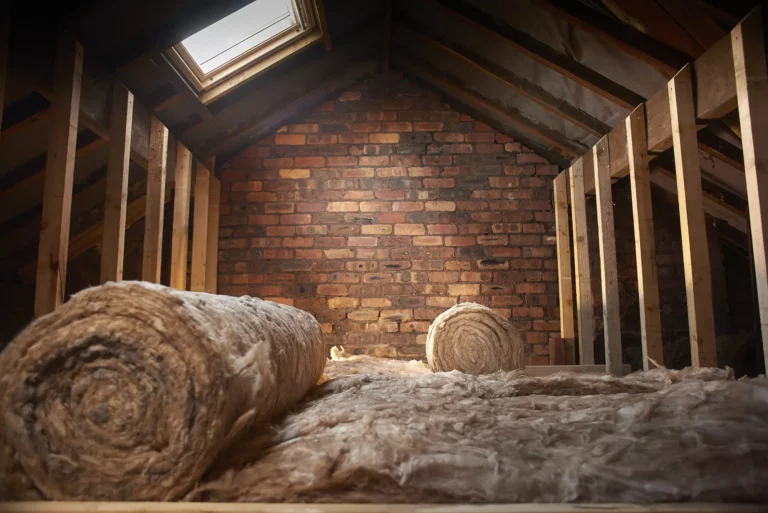Thinking about revamping your home’s comfort and energy efficiency? blanket offers a powerful one-two punch: reduced energy bills and year-round comfort. This guide delves into the world of blanket insulation, exploring its advantages and drawbacks to help you decide if it’s the right fit for your home.
What is Blanket Insulation?
The Insulation blanket is one of the most commonly used types of insulation. It comes in two forms:
- Roll insulation: This type comes with or without a facing (a covering on one or both sides) that you can trim and cut to fit the specific space you’re insulating.
- Batt insulation: This type comes pre-cut in fixed sizes. If you need insulation for an exposed area, like a basement wall, you can find batts with a flame-resistant face for added safety.
Using this insulation has advantages like lower energy costs, control of temperature in your house, and decreased noise from the outside and between floors and rooms.
What is Blanket Insulation?
Blanket insulation comes in various materials, offering options to suit your needs and preferences. Here are the most common types:



